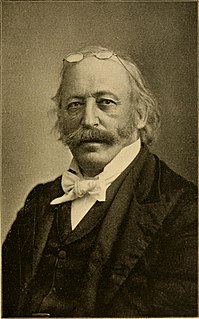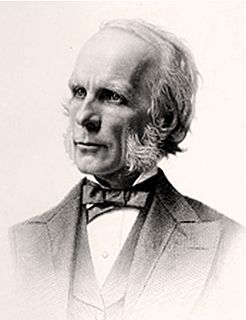A Quote by Samuel Johnson
Assertion is not argument; to contradict the statement of an opponent is not proof that you are correct.
Related Quotes
The goal of a definition is to introduce a mathematical object. The goal of a theorem is to state some of its properties, or interrelations between various objects. The goal of a proof is to make such a statement convincing by presenting a reasoning subdivided into small steps each of which is justified as an "elementary" convincing argument.
Anarchism, in my view, is an expression of the idea that the burden of proof is always on those who argue that authority and domination are necessary. They have to demonstrate, with powerful argument, that that conclusion is correct. If they cannot, then the institutions they defend should be considered illegitimate. How one should react to illegitimate authority depends on circumstances and conditions: there are no formulas.
The second [argument about motion] is the so-called Achilles, and it amounts to this, that in a race the quickest runner can never overtake the slowest, since the pursuer must first reach the point whence the pursued started, so that the slower must always hold a lead.
Statement of the Achilles and the Tortoise paradox in the relation of the discrete to the continuous.; perhaps the earliest example of the reductio ad absurdum method of proof.
The truly correct proof is one that strikes a harmonious balance between strength and flexibility. There are plenty of proofs that are technically correct but are messy and inelegant or counterintuitive. But it's not something you can put into words - explaining why a formula is beautiful is like trying to explain why the stars are beautiful.






































